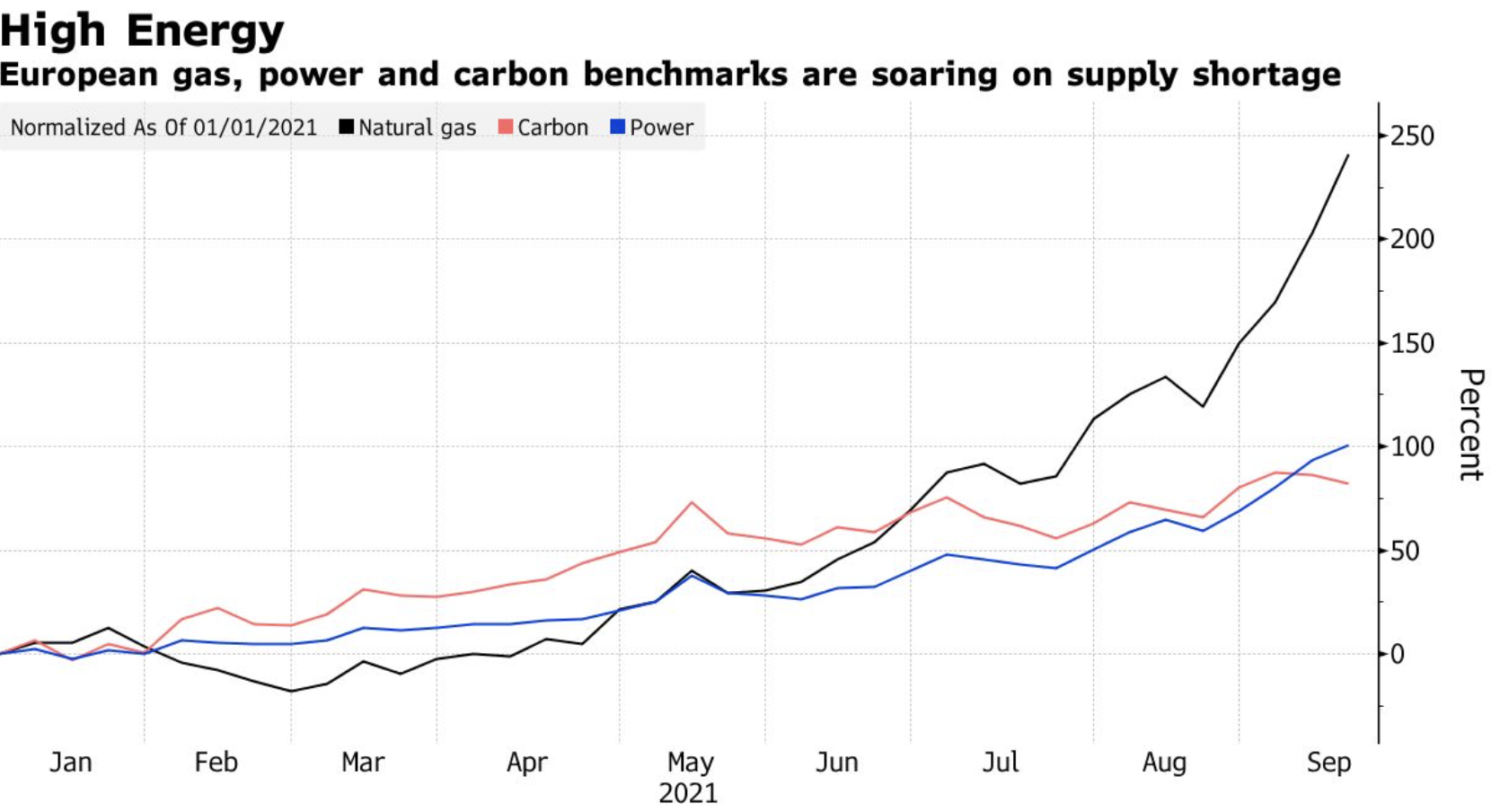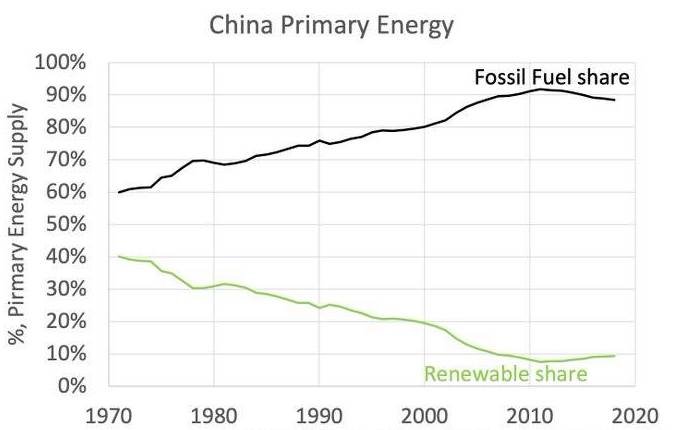Democrats in Congress use partisan reconciliation process to pay back their cronies with billions in federal handouts
WASHINGTON DC (September 22, 2021) – The American Energy Alliance (AEA), the country’s premier pro-consumer, pro-taxpayer, and free-market energy organization, voiced public opposition to the numerous, disastrous energy policies being discussed before Congress – particularly within the U.S. House of Representatives – in upcoming budget reconciliation and infrastructure bill negotiations. Instead of working to reduce skyrocketing prices as American families suffer the worst inflation in years, Democrats are working to funnel billions of dollars to their donors and special interests. Their current plans include subsidies for electric vehicles (EVs) and charging stations, direct payments to favored electricity generators, carbon taxes, wind and solar tax extenders, the creation of a federal “climate” jobs program, and countless other bad ideas.
In response, AEA President Thomas Pyle issued the following statement:
“Bribing utilities to generate electricity from intermittent renewable energy sources isn’t just a terrible idea, it’s reckless and dangerous. Just ask Californians, Texans, New Yorkers, or Europeans for that matter, who have suffered or lost loved ones from unnecessary power blackouts. When the federal government picks winners and losers, it’s always the special interests that win and the taxpayers who lose. It’s also a system that is inviting fraudulent behavior.
“There is no need for the federal government to pay for electric vehicle infrastructure. Subsidizing half a million charging stations and handing out tax credits to purchase electric vehicles to people who don’t need them is a waste of taxpayer resources. If electric vehicles are the future, then why is the government trying to force them into the marketplace, and why are the automobile manufacturers insisting on the subsidies?
“I have been sounding the alarm for years that someday the Democrats would attempt to bury a carbon tax into a huge spending bill. And that day is upon us. These carbon tax proposals will unquestionably drive up energy and gasoline prices further, and isn’t that the whole point? Natural gas, oil, and coal make up 79% of our energy mix. Tax them and you tax everything else in the economy. And don’t be fooled by the happy talk of rebates. The drag on the economy due to carbon taxes will not be offset by sprinkling around some of the cash that is collected. Meanwhile, the Biden Administration continues to beg nations like Russia to produce more oil in an attempt to lower the price of gasoline.
“With the midterm elections on the horizon, the Democratic party is more than happy to pay off their special interest green groups with these billion-dollar schemes while they stick it to the poor, seniors, and citizens living on fixed incomes in the process. We can only hope that their seemingly inexhaustible greed will cause these massive spending bills to topple under their own weight.”
AEA opposes these disastrous energy policies being discussed before Congress and will score votes with respect to any legislation voted upon. AEA’s American Energy Scorecard scores both votes cast, and legislative bill sponsorships related to energy and the environment.
Additional Resources:
- Biden and House Reconciliation Bill Writers are in La-La Land
- All the Energy That’s Fit to Subsidize
- Pelosi’s Plan To Pick Your Pocket Via Reconciliation
- House Democrats Plan to Pay Wind Industry Nearly 10 Times Value of their Electricity
- Senate Democrats’ New Plan to Tax Our Leading Energy Resources
- Companies Flee California Due to High Energy Prices
- Automakers Spend Billions on Electric Vehicle Recalls
For media inquiries please contact:
[email protected]



